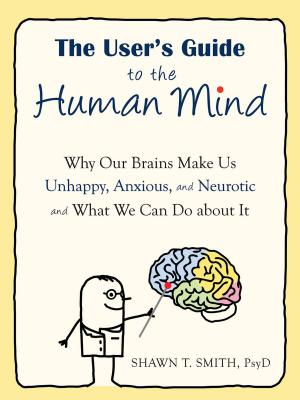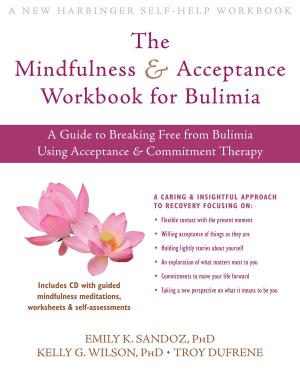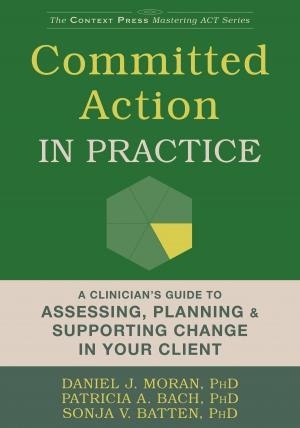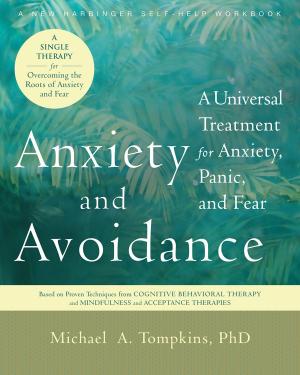Acceptance and Commitment Therapy for the Treatment of Post-Traumatic Stress Disorder and Trauma-Related Problems
A Practitioner's Guide to Using Mindfulness and Acceptance Strategies
Nonfiction, Health & Well Being, Psychology, Clinical Psychology| Author: | Darrah Westrup, PhD, Robyn D. Walser, PhD | ISBN: | 9781608826469 |
| Publisher: | New Harbinger Publications | Publication: | June 1, 2007 |
| Imprint: | New Harbinger Publications | Language: | English |
| Author: | Darrah Westrup, PhD, Robyn D. Walser, PhD |
| ISBN: | 9781608826469 |
| Publisher: | New Harbinger Publications |
| Publication: | June 1, 2007 |
| Imprint: | New Harbinger Publications |
| Language: | English |
New Directions in the Treatment of PTSD
Acceptance and commitment therapy (ACT) offers a promising, empirically validated approach to the treatment of post-traumatic stress disorder (PTSD) and other trauma related problems. In this volume, you'll find a complete theoretical and practical guide to making this revolutionary new model work in your practice.
After a quick overview of PTSD, the first part of Acceptance and Commitment Therapy for the Treatment of Post-Traumatic Stress Disorder and Trauma-Related Problems explains the problem of experiential avoidance as it relates to trauma and explores the verbal nature of post-traumatic stress. You'll learn the importance of mindfulness and acceptance in the ACT model, find out how to structure sessions with your clients, and examine the problem of control. The section concludes by introducing you to the idea of creative hopelessness as the starting point for creating a new, workable life after trauma.
The book's second section offers a practical, step-by-step clinical guide to the six core ACT components in chronological order:
•Creative hopelessness
•The problem of control
•Willingness and defusion
•Self-as-context
•Valued living
•Committed action
Each chapter explains how to introduce these topics to clients suffering from PTSD, illustrates each with case examples, and offers homework for your clients to use between sessions.
New Directions in the Treatment of PTSD
Acceptance and commitment therapy (ACT) offers a promising, empirically validated approach to the treatment of post-traumatic stress disorder (PTSD) and other trauma related problems. In this volume, you'll find a complete theoretical and practical guide to making this revolutionary new model work in your practice.
After a quick overview of PTSD, the first part of Acceptance and Commitment Therapy for the Treatment of Post-Traumatic Stress Disorder and Trauma-Related Problems explains the problem of experiential avoidance as it relates to trauma and explores the verbal nature of post-traumatic stress. You'll learn the importance of mindfulness and acceptance in the ACT model, find out how to structure sessions with your clients, and examine the problem of control. The section concludes by introducing you to the idea of creative hopelessness as the starting point for creating a new, workable life after trauma.
The book's second section offers a practical, step-by-step clinical guide to the six core ACT components in chronological order:
•Creative hopelessness
•The problem of control
•Willingness and defusion
•Self-as-context
•Valued living
•Committed action
Each chapter explains how to introduce these topics to clients suffering from PTSD, illustrates each with case examples, and offers homework for your clients to use between sessions.















